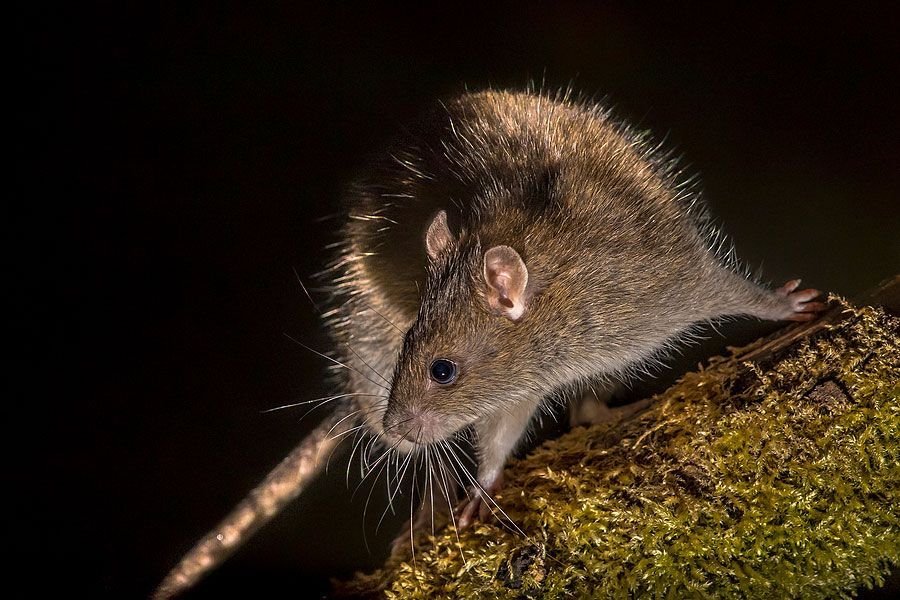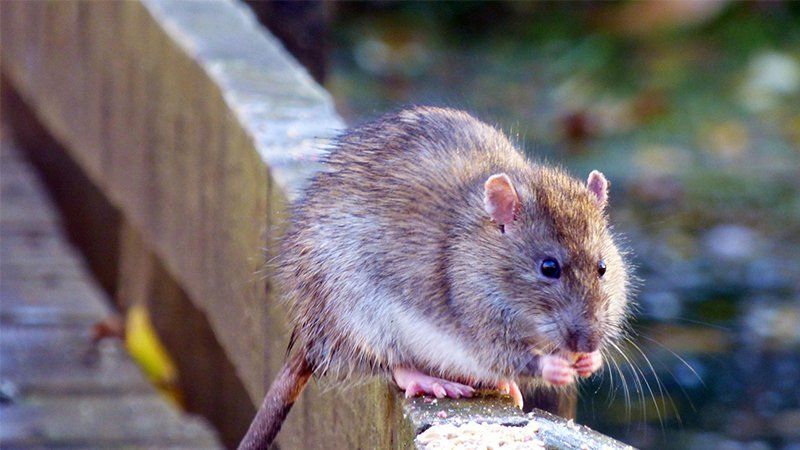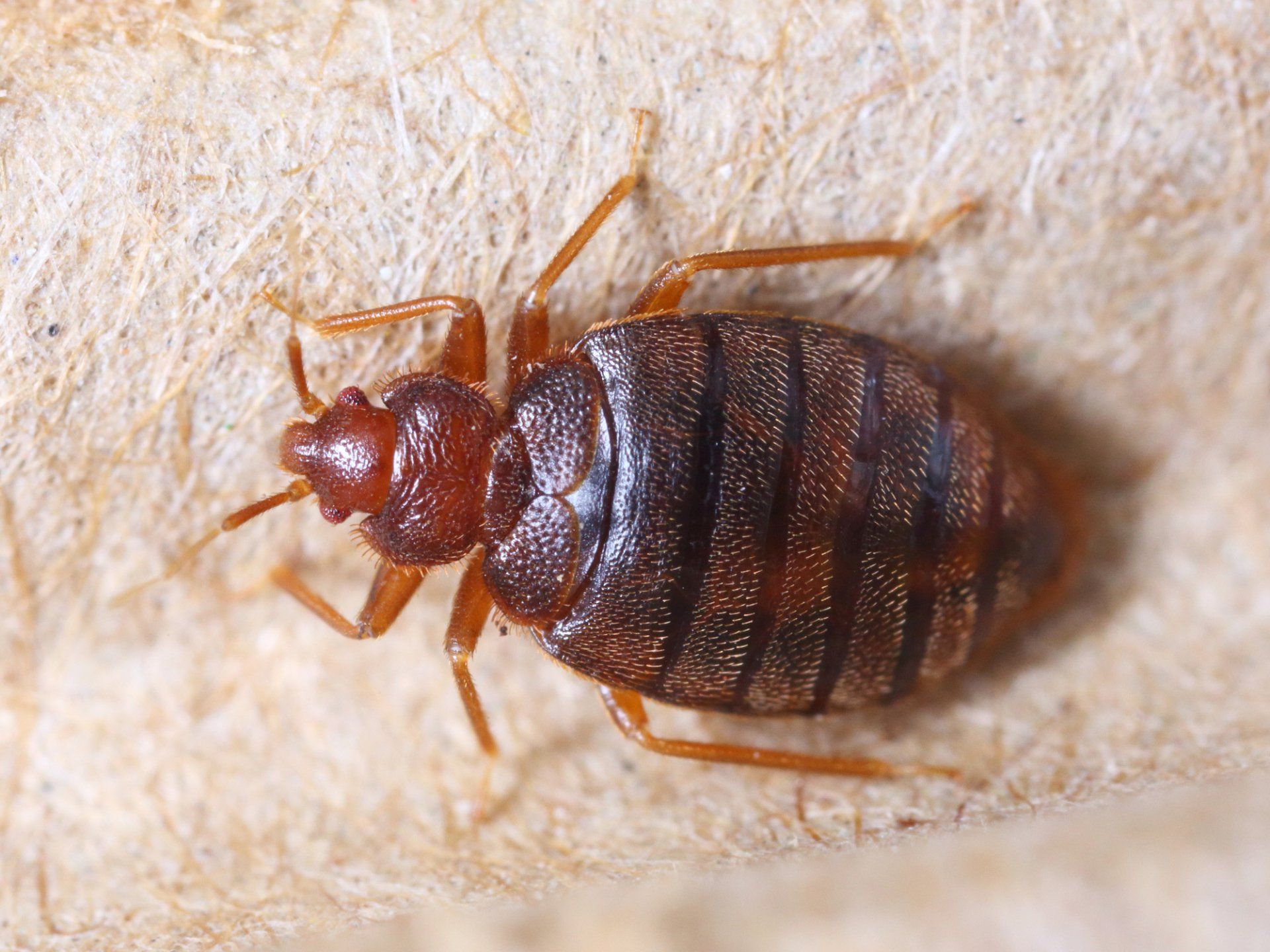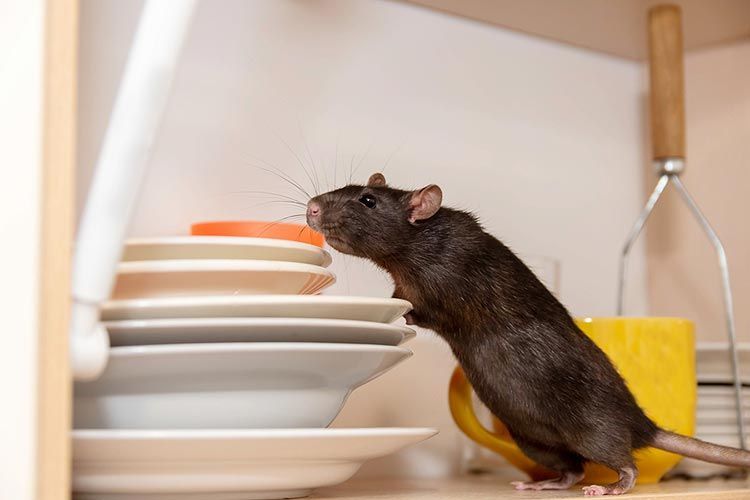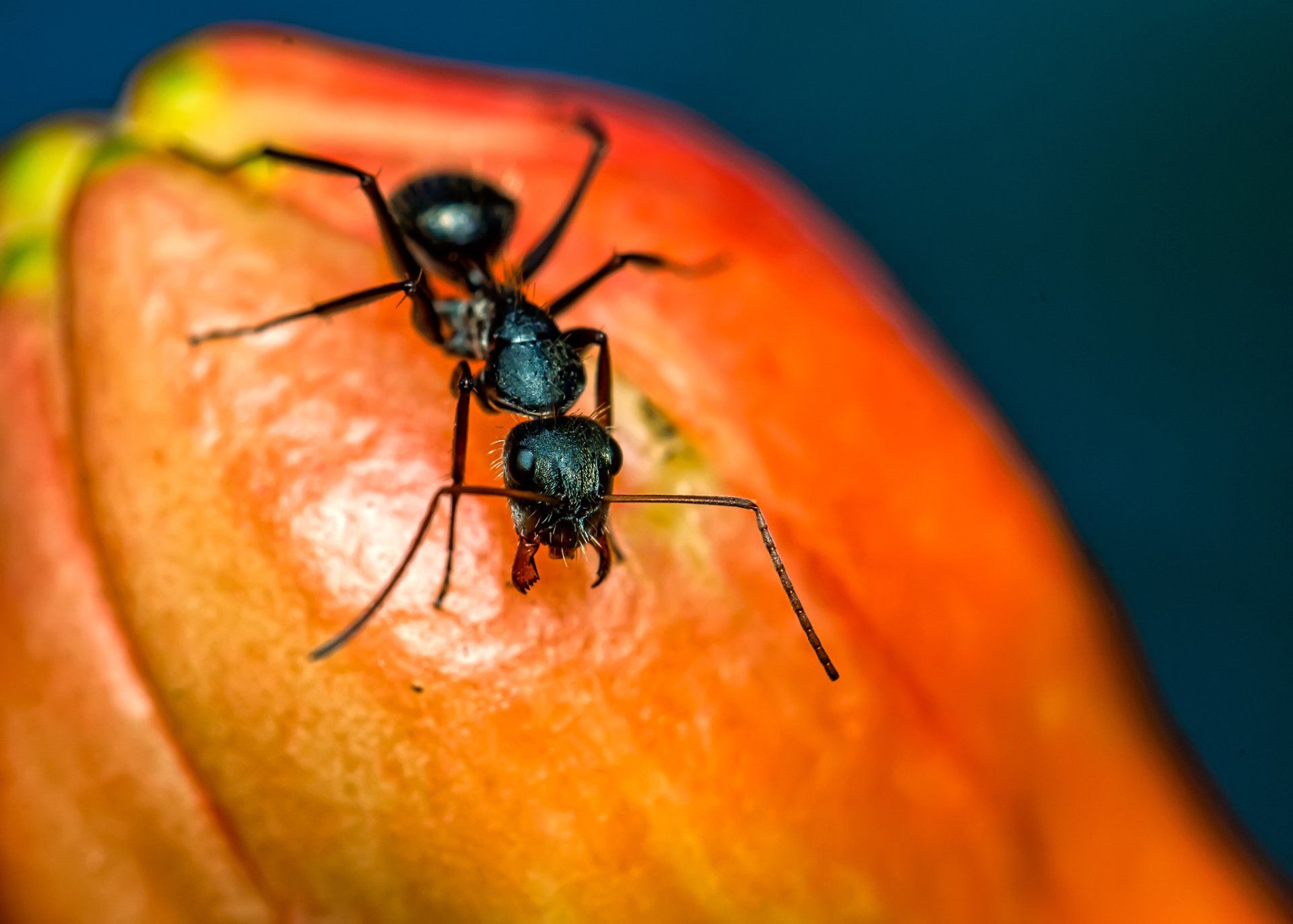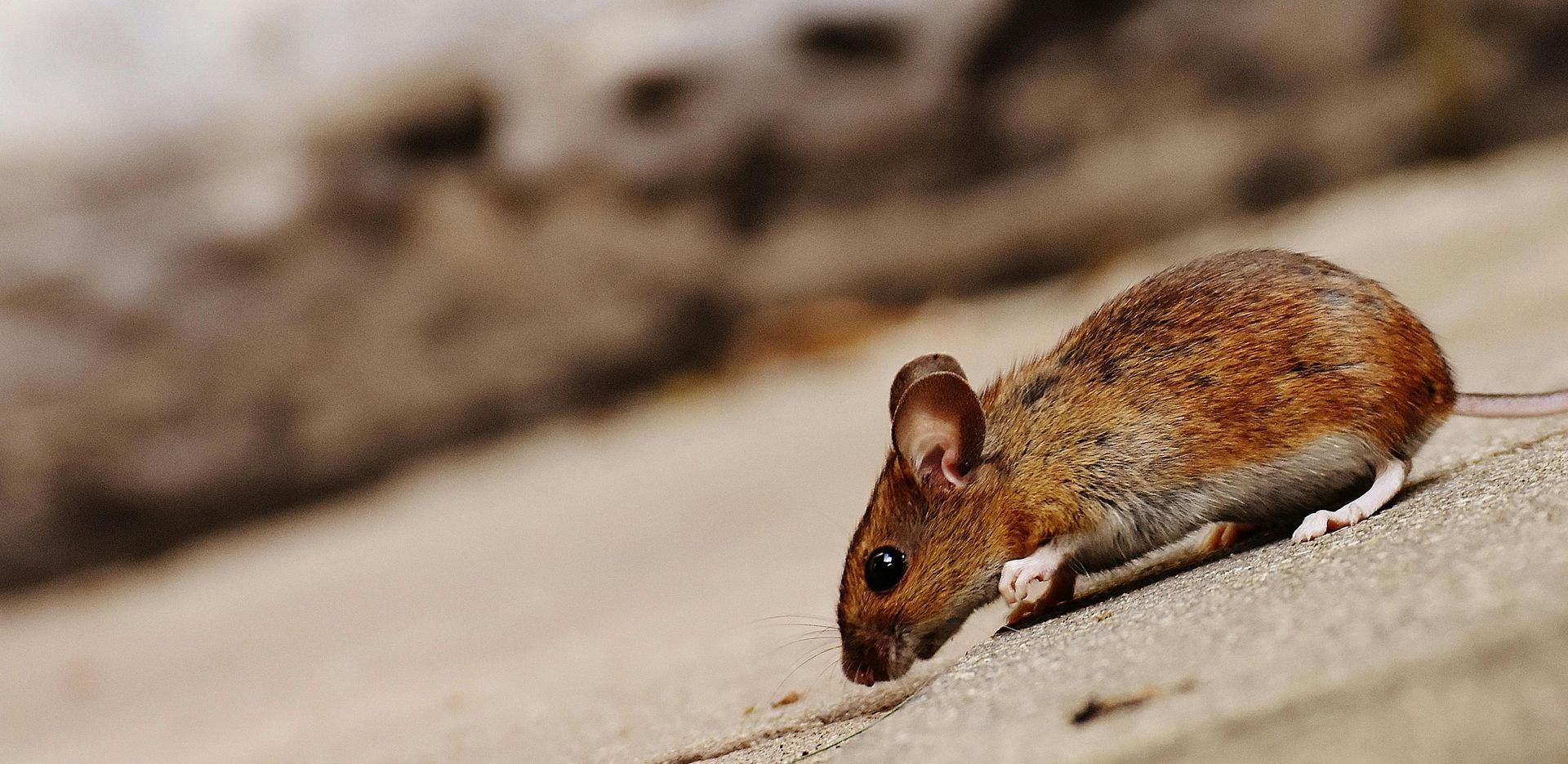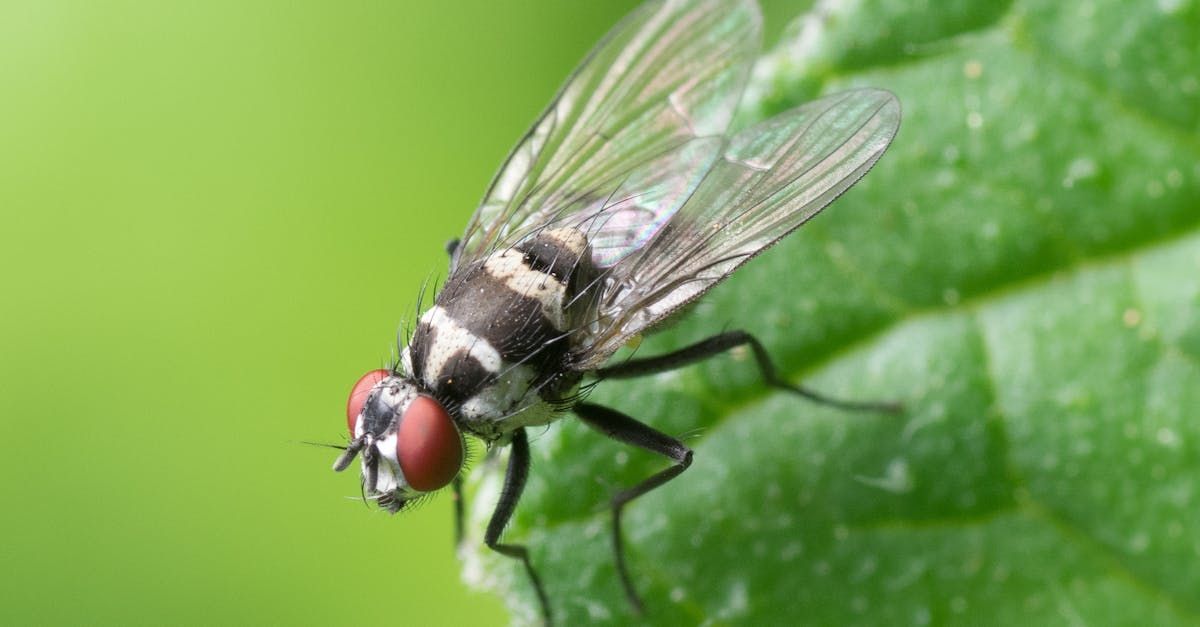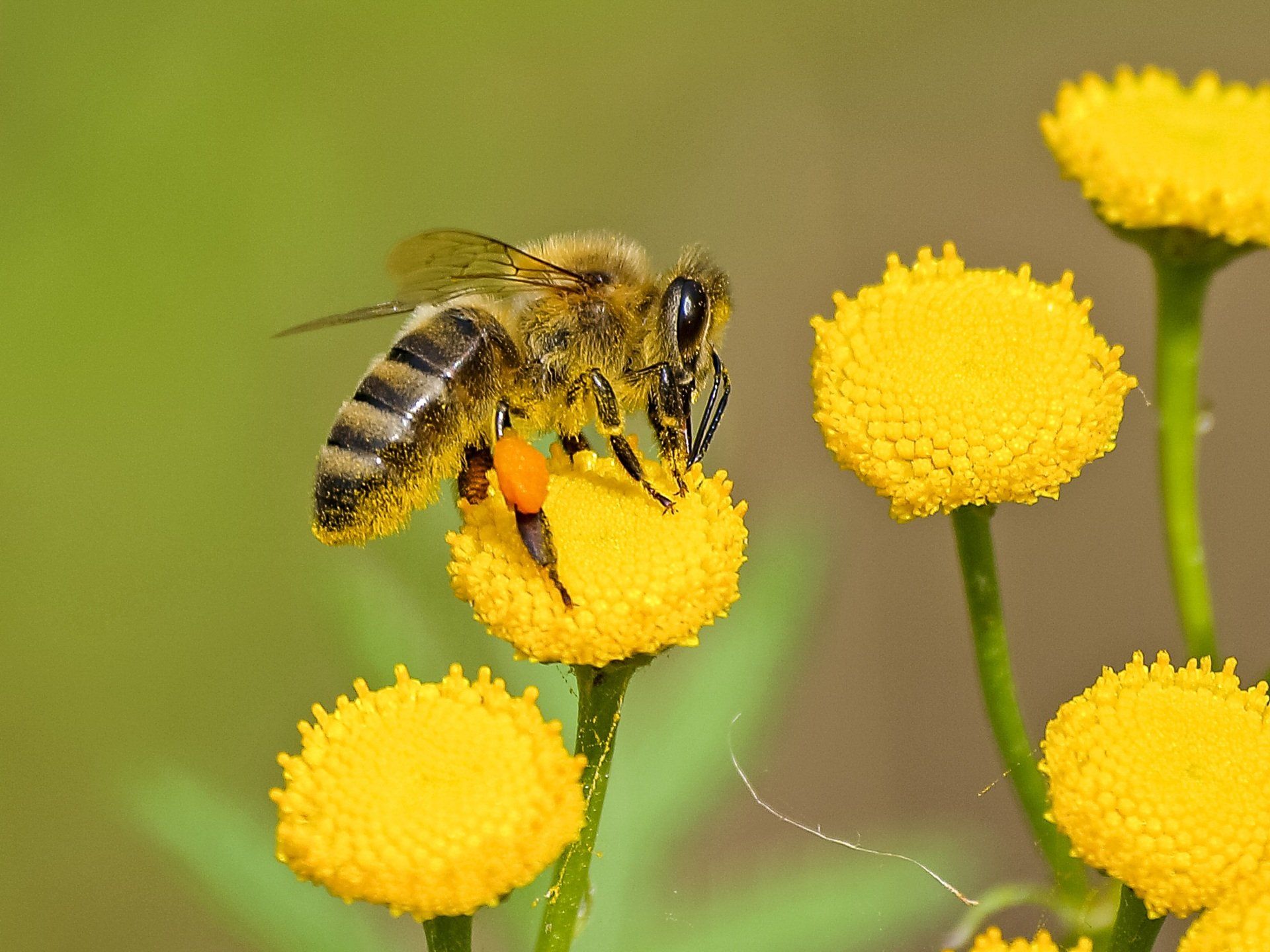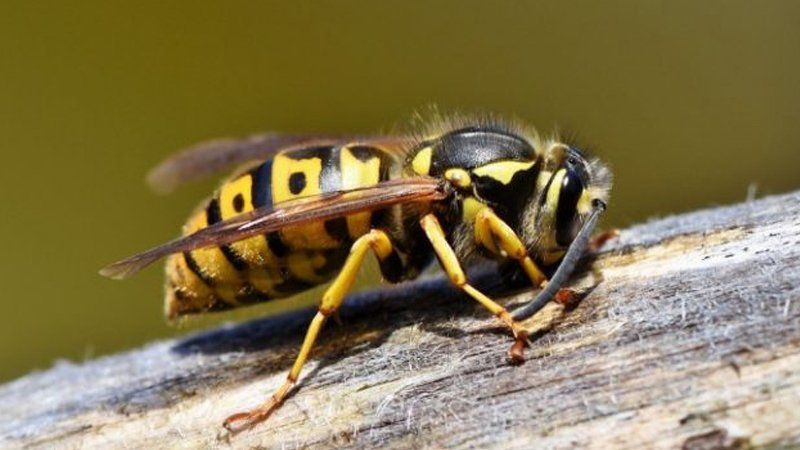Nervous about Wasps?
Nervous about Wasps?
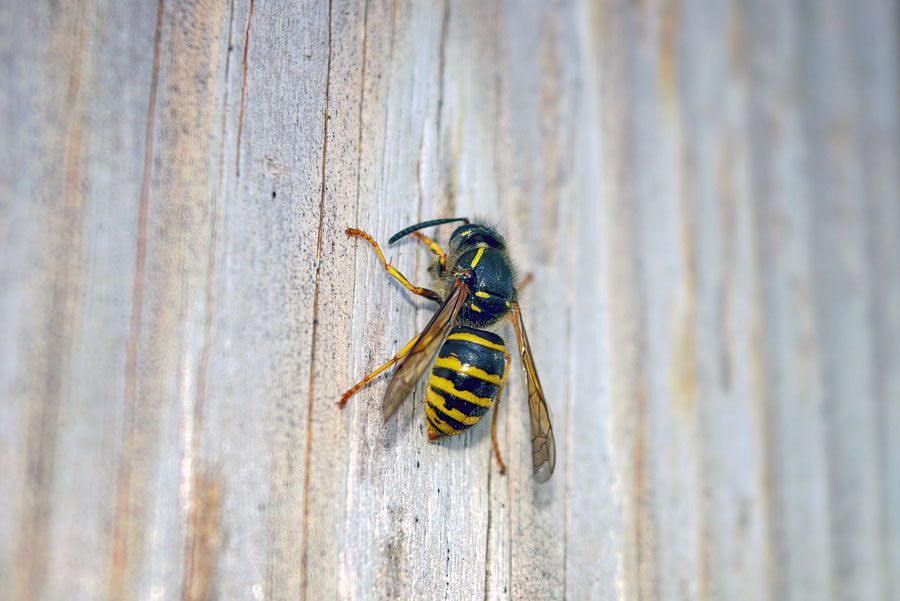
Wasps are one of the scariest and potentially dangerous pests in the UK. Known for their aggressive behaviour and painful stings, they can cause significant harm to people, particularly those who are allergic. In this article, we will explore why we control wasps, how to treat wasp stings, and the importance of professional wasp control.
Why We Control Wasps
If the wasp feels threatened or you are too close to the food source that they are trying to get, there is a possibility that you may suffer an unprovoked attack. The issue is that a frightened wasp in panic mode lets off a pheromone that sends nearby wasps of the same family into a defensive, stinging frenzy. That’s correct - upset a wasp and it might call for the family in for backup.
A wasp sting can be very painful and sometimes fatal in worser cases. If you’re sensitive to wasp stings, they can send you into anaphylaxis, a severe, potentially life-threatening allergic reaction. Younger people such as children and the elderly, or those that suffer with allergies can be particularly vulnerable to a sting. Anaphylaxis is a medical emergency and will require immediate attention. If you are with someone that has symptoms of anaphylaxis, you should call for an ambulance immediately.
Should you be worried about a large amount of wasps around your home, you should contact a professional pest controller such as The Pest Master. We have the technical knowledge and training, plus access to a range of professional use insecticides and instruments which are not available to the general public. We also have the appropriate PPE to avoid getting a nasty sting.
Treating Wasp Stings
If you’re stung by a wasp, it can be a painful experience. If you are unfortunate enough to be stung and you have difficulties breathing, feel dizzy, or start to get a swollen face, you must seek immediate medical treatment.
To treat a sting yourself, you can take some simple steps. Firstly, wash around the sting with soap and water. Secondly, apply a cold compress, like an ice pack, for at least 30 minutes. Thirdly, raise the affected area, if you can. Finally, avoid itching the stinger site and try not to use home remedies such as vinegar and bicarbonate of soda, as often they may make it worse. You could try a trip to your local pharmacist for advice.
Identifying Wasps' Nests
Wasps’ nests come in many different shapes and sizes. They’re amazing pieces of architecture that can contain from 15,000 wasps to 25,000 on average during peak activity in late summer. They build their nest using chewed wood and saliva to make a paper like material. The nest material is tough, light in weight, and amazingly waterproof. It can take hundreds of wasps to produce their nest.
Each wasp nest is unique in itself yet shares some characteristics with others. Pest controllers have reported finding nests in all kinds of places, such as lofts, garden sheds, compost heaps and extractor fans, even underneath cars. To work out where your wasps’ nest is, you can carefully follow worker wasps back to their nest once they start to grow in numbers. In early springtime, you might encounter a wasps’ nest the size of a ping pong ball. This would suggest it contains only the solitary queen wasp and possibly a few of her workers. Earlier in the morning or later in the evening is when the nest will contain the most wasps, there is roughly only half of the population in the nest at any one time. Contact us at The Pest Master to get treat your troublesome nest. You can get in touch through our website www.thepestmaster.co.uk by telephone 07583 124215 or email help@thepestmaster.co.uk
Wasp or Bee?
It is important to know the difference between bees and wasps to understand how to handle them. Though they can look similar, bees are a beneficial species and are rarely considered pests. They are important pollinators and are essential to our ecosystems, with an estimated third of all crops being pollination-dependent. Bees eat nectar for energy and pollen for protein, and their presence should be welcomed in gardens and outdoor spaces.
On the other hand, wasps can be dangerous and aggressive, their stings and bites can cause significant harm to people. If you are unsure whether you are dealing with bees or wasps, it is advisable to seek the help of a professional pest controller, like The Pest Master, identify whether it is a bee or a wasp, providing we can get access close to them and provide the appropriate treatment (if required) and or advice (if its bees).
In conclusion, bees and wasps may look alike, but they are vastly different in terms of their benefits and dangers to humans. Bees are essential to our ecosystems and should be protected, while wasps can be dangerous and require professional control to keep yourselves safe. Contacting The Pest Master is the best way to handle a wasp infestation and ensure your safety.
